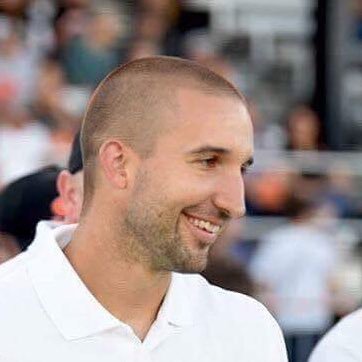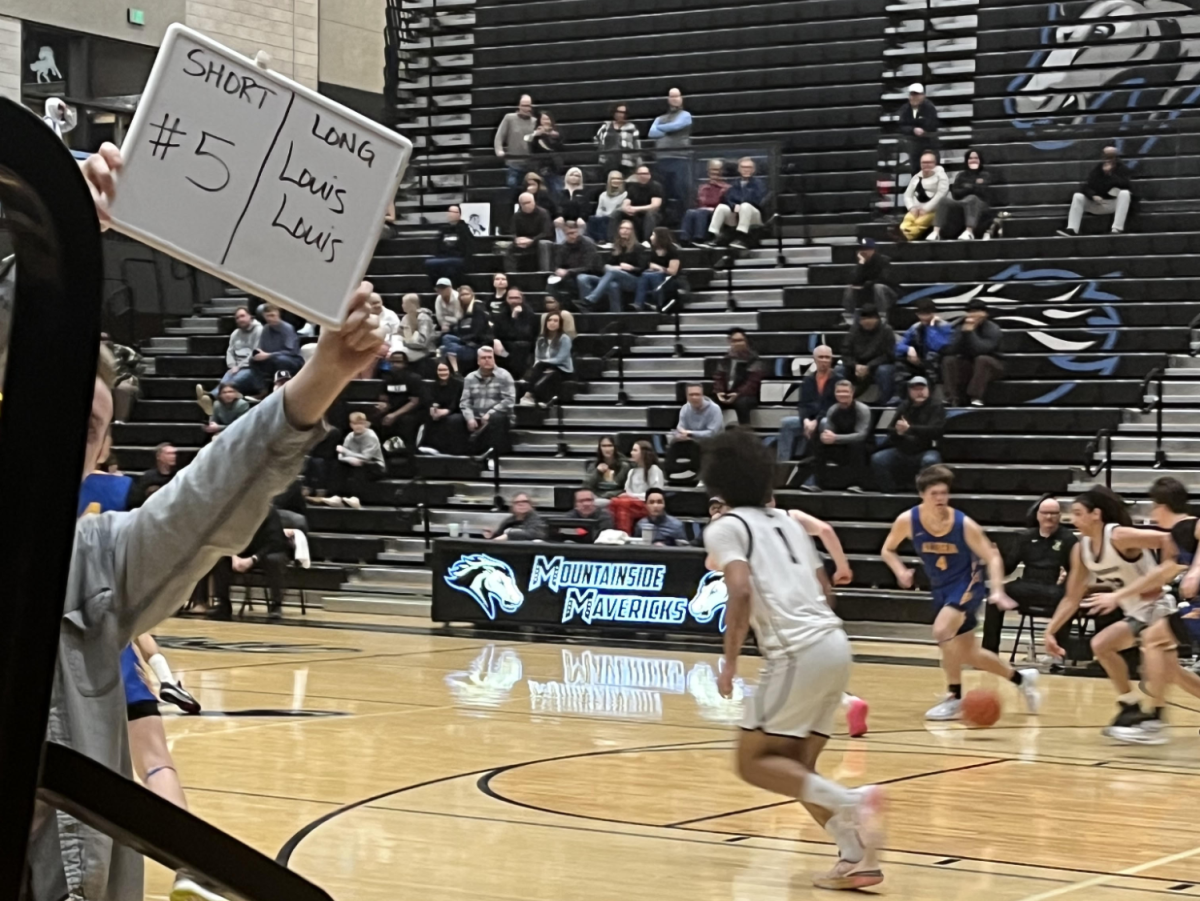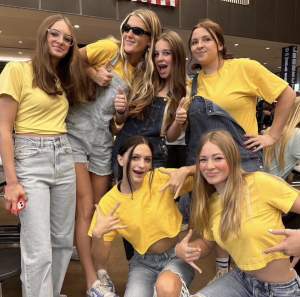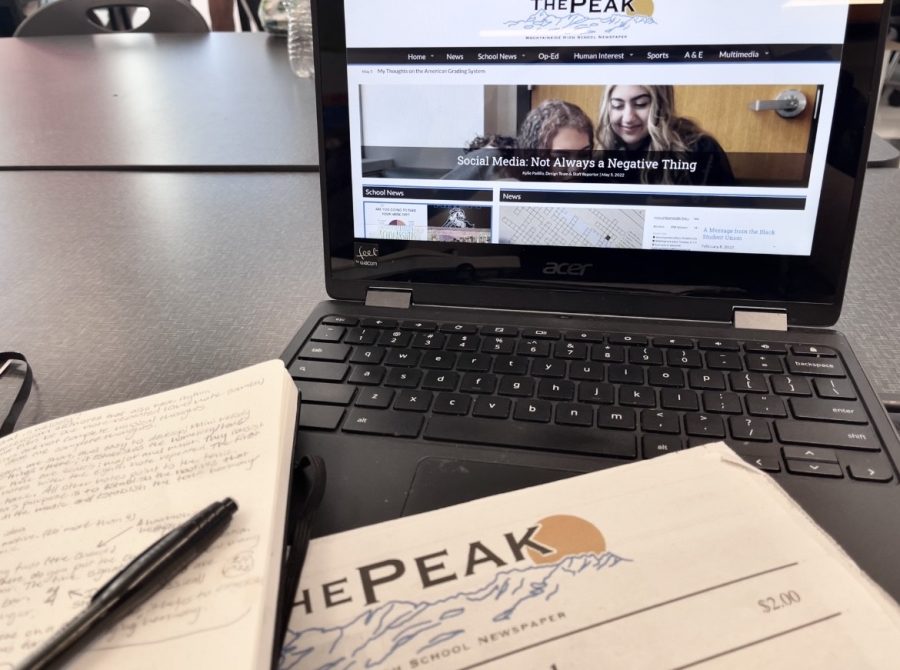Not Just a Football Coach

December 13, 2019
While religion has a large impact on many at Mountainside, few can claim that it has affected them as drastically as it has teacher Grant Piros.
Until the age of 15, Piros grew up alongside his family in a number of Hutterite communities, very similar to those of the Amish and Mennonite people. His parents joined their first community in New York, attracted to the prospect of daily religious practice, rather than once a week Sunday worship.
Life as a child in these communities was truly incredible. While the closed nature of these communities gave children “a view of the outside world as a bad scary place,” within their compounds they were free from the fear of so-called “stranger danger.” “Everyone inside you trusted and knew,” Piros recounted. They were free to run and play without fear. “It was almost like living in a different time period.”
From a young age, he was expected to not only attend school but to work alongside the other men making childcare and handicap equipment from scratch. “Each community had a different factory that was in charge of sewing or woodworking or lacquering or assembly. The men would all work and the kids would help put together the equipment.” Piros’ parents assisted in the sales aspect of this enterprise, voluntarily moving their family to a new community every two years to help out.
While he enjoyed many things about his unique childhood, he most values the education he received. The communities each had their own private schools which ran from elementary through ninth grade. Class sizes were tiny, with around ten students in each grade. “It was very hands-on. We had to do apprenticeships every year–pick a project and work alongside someone and learn. It was a bunch of hands-on stuff which was fun.” School focused on teaching common classroom subjects, religion, and important life skills. Piros learned many traditional skills, including carpentering, shoemaking, organic gardening, and working with livestock. The customary absence of technological distractions made school an even more valuable and engaging experience. As a matter of fact, without the education he received, Piros says he “would have never gotten to where [he] is now.”
Unfortunately, once Piros reached 10th grade, he was sent to a public high school outside of the community with the rest of the Hutterite teenagers. It was difficult standing out among his peers, as many of them would mock the members of his community. “That made me competitive, which was frowned upon.” As his teenage years progressed, Piros got more into the sporting world, and became more competitive, both of which went against the teachings of the community. Eventually, it became apparent that Piros wasn’t suited for the Hutterite lifestyle, so his family left the communities behind and moved to Oregon.
Looking back, Piros is very grateful to have grown up in this way. “A lot of people peg me as the dumb jockey football coach. The combining of my somewhat aggressive, energetic, crazy personality with that upbringing has allowed me to be much more balanced and to have many more layers than people think.” He continues, “It’s helped me with my relationship with money. I don’t think I would be a teacher if I hadn’t grown up in that community. I can do what I truly enjoy and let success come from that.”
He wants students to learn from his experience, and to “understand and be inclusive of those who are different. Each teacher, each student has their own story that leads to who they are, whether that be through religion or their cultural upbringing. Remember that that’s cool and appreciate that that’s something our community has.”




















